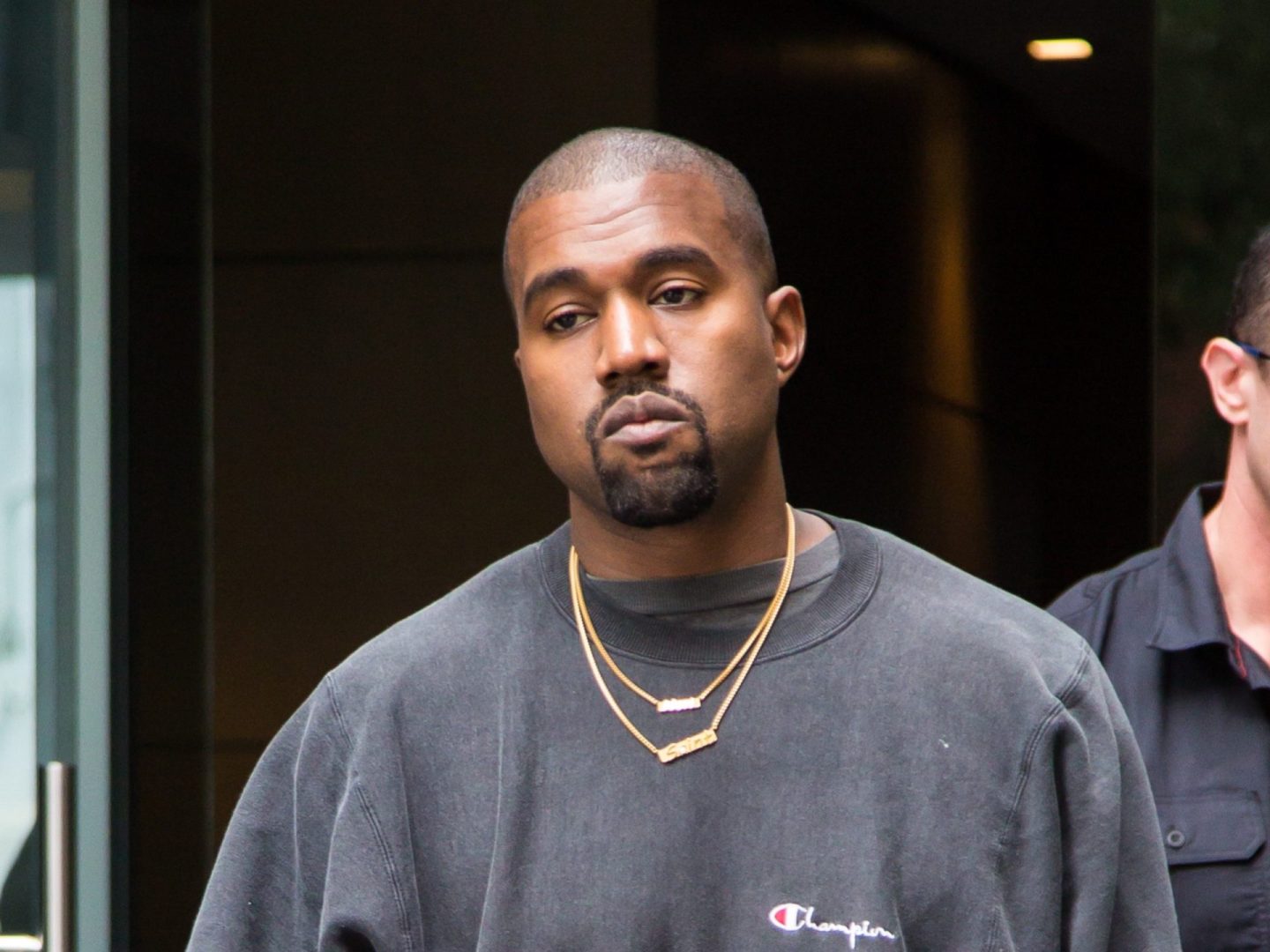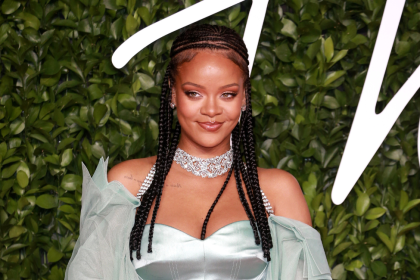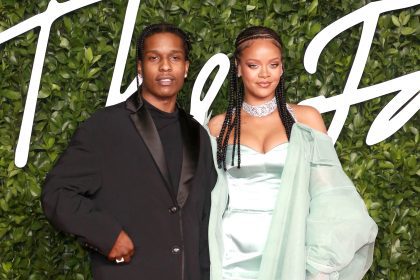In a remarkable display of entrepreneurial success, Kanye West‘s latest Yeezy collection has achieved extraordinary sales figures, demonstrating his growing influence in the fashion industry. The collection, launched independently of major collaborations, generated over $2.3 million in revenue within its first 24 hours, marking a significant milestone in West’s fashion career. This achievement represents not only a personal triumph but also a paradigm shift in how independent fashion brands can operate in today’s market.
Breaking down the success
Operating without traditional marketing strategies or paid advertisements, West‘s approach to fashion retail has proven highly effective. The Yeezy brand’s latest collection, featuring accessible pricing at $20 per item, has resonated strongly with consumers. This strategic pricing decision represents a significant shift in luxury fashion accessibility, making designer pieces available to a broader demographic. The democratization of fashion through affordable pricing while maintaining the brand’s premium status has created a unique market position that challenges traditional luxury fashion models.
The collection’s rapid sales demonstrate the strong brand loyalty West has cultivated over the years, spanning both his music and fashion ventures. This cross-industry appeal has created a powerful marketing advantage, allowing the brand to thrive without conventional advertising methods.
Strategic market positioning
The collection’s success stems from its comprehensive range of offerings, including hoodies, T-shirts, joggers, and the innovative YZY SLPR. This minimalistic approach to fashion design, combined with affordable pricing, has created a unique position in the market that bridges the gap between high fashion and accessible clothing. The strategy reflects a deep understanding of contemporary consumer behavior, where value and brand identity play crucial roles in purchasing decisions.
The brand’s direct-to-consumer model eliminates traditional retail markups, allowing for competitive pricing while maintaining product quality. This approach has disrupted the conventional luxury fashion distribution model, forcing established brands to reconsider their market strategies.
Industry impact and market dynamics
West’s independent success has significant implications for the fashion industry’s traditional business model. By achieving substantial sales without major corporate partnerships, the Yeezy brand has demonstrated the viability of independent fashion ventures in a market typically dominated by established fashion houses. This success story has inspired emerging designers and challenged the notion that major fashion conglomerates are necessary for significant market success.
The impact extends beyond immediate sales figures, influencing how consumers perceive luxury fashion and what they expect from brands in terms of pricing and accessibility. This shift in consumer expectations could lead to long-term changes in how fashion brands approach pricing and distribution strategies.
Financial performance analysis
The collection’s financial success, generating $2,339,096 in initial sales, represents more than just monetary achievement. It validates West’s business model and suggests a shifting paradigm in fashion retail, where direct-to-consumer sales and brand authenticity can triumph over traditional marketing approaches. The sales figures also indicate strong consumer confidence in the brand, despite operating independently of major fashion conglomerates.
The success of this pricing strategy demonstrates that luxury brands can maintain their prestige while offering products at more accessible price points. This challenges the traditional notion that high prices are necessary for maintaining brand exclusivity and perceived value.
Future implications and industry outlook
The success of West’s latest venture suggests a potential restructuring of the fashion industry’s power dynamics. This achievement could inspire other artists and designers to pursue independent ventures, potentially leading to a more diverse and accessible fashion marketplace. The industry may see an increase in direct-to-consumer brands that prioritize accessibility without compromising on design and quality.
The Yeezy brand’s success also highlights the growing importance of authentic brand storytelling and personal connection with consumers. As the fashion industry continues to evolve, brands that can maintain authenticity while delivering value may find themselves better positioned for long-term success.














